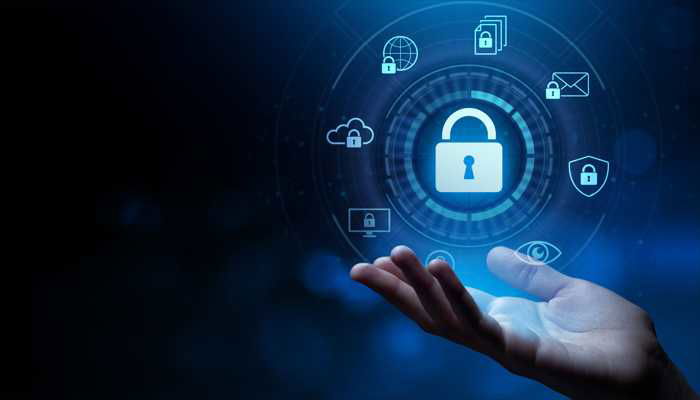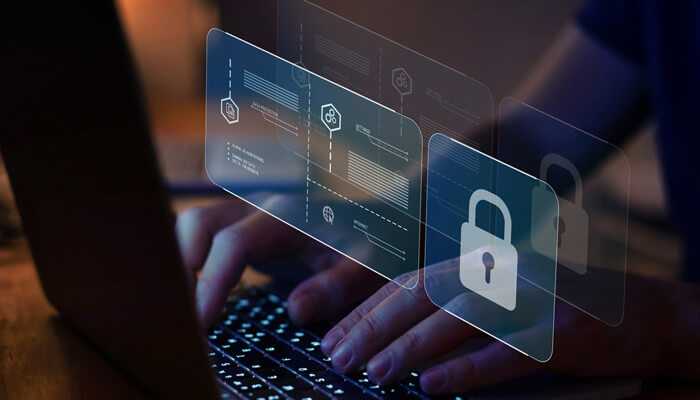Cybersecurity is crucial for any organization to protect its digital assets and maintain operational integrity. IT support’s role in enhancing cybersecurity is paramount in today’s interconnected world. IT support teams are essential in implementing and maintaining strong security measures that safeguard systems against cyber threats. Understanding the significance of IT support in cybersecurity is vital for any organization committed to protecting its digital infrastructure.
Continue reading to learn how IT support can enhance your cybersecurity efforts.
Understanding the Significance of IT Support in Cybersecurity
IT support is a cornerstone of effective cybersecurity in today’s digital landscape. It offers crucial services that help safeguard an organization’s IT infrastructure from various threats.
To grasp the full impact of IT support on cybersecurity, consider the following aspects:
Managed IT services
Hiring IT support and managed services providers, such as Shipshape IT Support, can offer comprehensive security solutions. These services include proactive threat monitoring, regular updates, and incident response, collectively enhancing an organization’s defenses.
Technical issue management
IT support professionals handle and resolve technical issues that can potentially disrupt security protocols. This includes troubleshooting software malfunctions and network problems that might otherwise leave systems vulnerable to attacks.
Cybersecurity expertise
A dedicated support team brings specialized knowledge in cybersecurity. They stay updated on the latest threats and best practices, providing valuable insights and solutions to enhance security measures.
System optimization
Ensuring that all IT systems operate efficiently is a fundamental part of cybersecurity. IT support helps optimize performance and prevent system failures that attackers could exploit.
These elements form the foundation of a strong cybersecurity strategy. Effective IT support manages immediate technical challenges and implements strategic measures to fortify overall security.
Implementing Strong Security Measures
Strong security measures are crucial for protecting an organization’s IT systems and data from threats. Effective IT support focuses on implementing these measures to ensure systems remain secure and resilient against attacks. Properly executing these strategies helps prevent breaches and maintain a strong defense against cybersecurity threats.
Below are the critical security measures that IT support teams typically implement to protect organizational systems:
Regular software updates
Keeping all software and applications updated is essential. Updates often include patches that address known vulnerabilities, making it harder for attackers to exploit outdated systems. Regular updates help maintain a secure environment and ensure the software remains effective against emerging threats.
Firewalls and antivirus protection
Tech support professionals configure firewalls to block unauthorized access to network resources. Additionally, they install and manage antivirus software to detect and eliminate malware. These tools work together to prevent malicious activity and protect the system from potential harm.
Access controls
Implementing stringent access controls is vital for safeguarding sensitive information. By restricting access to authorized personnel, organizations can reduce the risk of internal breaches and ensure that critical data is only available to those needing it.
Data encryption
Encrypting data transforms it into an unreadable format without the appropriate decryption key. This measure ensures that the data remains protected even if unauthorized access occurs. Encryption is crucial in securing sensitive information at rest and in transit.
These measures are foundational in protecting against both external and internal threats. Without them, an organization’s cybersecurity posture would be significantly weakened.
The Importance of Proactive Monitoring and Incident Response
Proactive monitoring and swift incident response are vital to a strong cybersecurity strategy. They enable IT support teams to detect threats early and manage security incidents effectively, minimizing potential damage. Ensuring these practices are in place helps safeguard an organization’s IT infrastructure against immediate and evolving threats.
Here are the aspects of proactive monitoring and incident response:
1. 24/7 monitoring:
Continuous monitoring allows IT support teams to observe real-time network activities and system performance. This ongoing surveillance helps detect unusual behavior or potential threats as soon as they arise, enabling timely intervention to prevent or mitigate damage.
2. Incident response plans:
A well-developed incident response plan is essential for managing security breaches effectively. This plan includes predefined steps for containing, eradicating, and recovering from a breach, ensuring the response is coordinated and efficient. Clear protocols help reduce confusion and speed up the resolution process during an incident.
3. Regular security audits:
Routine security audits are crucial for identifying and addressing vulnerabilities before they can be exploited. These audits involve reviewing and testing security measures to ensure they’re effective and up-to-date. Regular assessments help strengthen the overall security posture by proactively addressing potential weaknesses.
These practices ensure that potential security issues are identified and addressed promptly, minimizing the impact of any incidents that may occur.
Training and Awareness Programs
IT support plays a crucial role in educating employees about cybersecurity best practices. Effective training and awareness programs help prevent security breaches by ensuring all team members understand their role in maintaining a secure environment.
The following are components of these programs:
1. Employee training:
Regular sessions teach employees to recognize phishing attempts, use strong passwords, and follow secure practices. This training helps reduce the risk of successful attacks by ensuring employees are aware of common threats and how to avoid them.
2. Awareness campaigns:
Ongoing campaigns keep cybersecurity top of mind. These initiatives can include newsletters, posters, and regular reminders about security protocols, helping to create a culture of vigilance and responsibility.
3. Simulated attacks:
Conducting simulated phishing attacks provides practical experience. These exercises help employees practice their response to real threats, improving their ability to identify and react to suspicious activities.
Training employees helps prevent security breaches and ensures that everyone in the organization understands their role in maintaining cybersecurity.
Choosing the Right IT Support Provider
Selecting the right IT support provider is crucial for maintaining strong cybersecurity.
The following factors can help in making an informed decision:
1. Expertise and experience:
Look for providers with a proven track record in cybersecurity and IT support. Experienced providers are more likely to understand your unique needs and offer effective solutions.
2. Service offerings:
Ensure the provider offers comprehensive services, including proactive monitoring, incident response, and regular updates. Comprehensive services ensure all aspects of your IT infrastructure are covered.
3. Customer reviews and references:
Check reviews and ask for references to gauge the provider’s reliability and effectiveness. Positive feedback from other clients can give you confidence in their ability to deliver quality support.
Choosing the right provider can significantly enhance your organization’s cybersecurity posture. By focusing on expertise, service offerings, and customer feedback, you can find a partner that meets your needs and provides reliable IT support.
Final Thoughts
Effective IT support is vital for maintaining strong cybersecurity defenses in today’s digital landscape. IT support teams are crucial in protecting organizations from cyber threats by implementing strong security measures, providing continuous monitoring and incident response, and offering employee training. By leveraging the expertise of a dedicated IT support team, organizations can safeguard their digital assets and maintain operational integrity.




